Opinion
For Vatican Genocide is no evil
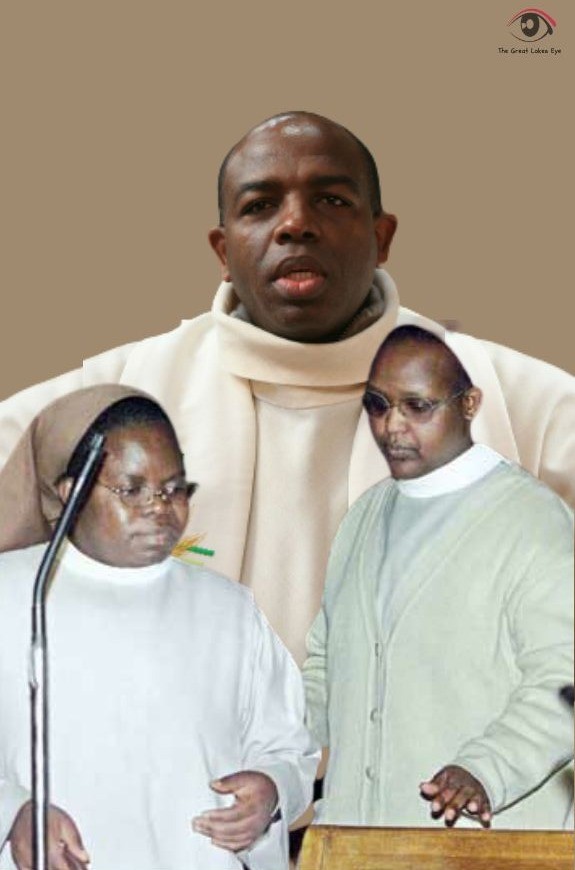
On
May 2, Rwanda and the rest of the world woke up to the news that Pope Francis
had dismissed Father Wenceslas Munyeshyaka from all clerical duties. The latter
was incardinated in the Archdiocese of Kigali in Rwanda and currently resides
in the Diocese of Evreux in France.
“Munyeshyaka
is exempt from all obligations arising from sacred ordination, automatically
loses all the rights specific to the clerical state, is excluded from the exercise
of the sacred ministry and cannot function as lector or acolyte, nor to drink
communion nowhere,” read part of the statement issued by the Catholic Church.
Although
the reason behind Pope Francis’s decision to dismiss Munyeshyaka from the
clergy was not communicated in the letter, in December 2021, he was suspended
by his diocese after it was revealed that he had officially admitted that he
had sired two children out of the three he was accused of.
For
Rwandans, the Vatican’s decision was long overdue. But one question remains,
why did it take so long to banish Munyeshyaka from the Catholic Church, and,
are the Genocide crimes he is accused of less wicked than having a child?
During
the Genocide against the Tutsi in 1994, Munyeshyaka was the priest of Sainte
Famille, in Kigali. Thousands of helpless Tutsi fled to his church in hope of
finding refuge. Instead, Munyeshyaka, the then vicar of their perceived
sanctuary, commanded Interahamwe militia to kill them.
He
was also seen on many occasions with senior government and military officials.
They were always seen together at the church premises where they picked people
and took them to unknown locations to kill them.
Besides commanding the militiamen to kill fleeing Tutsi,
Munyeshyaka would select girls and women from among the refugees whom he handed
to the interahamwe to rape. He also participated in the rapes.
In
many photos taken during the Genocide against the Tutsi, the then priest is
visible brandishing a gun, and in military attire. Munyeshyaka has been pinned by many genocide survivors
and genocide perpetrators on working with Interahamwe militia to kill thousands
of Tutsi within Kigali. He was tried and
convicted, in absentia, by Gacaca courts in 2006 for genocide-related charges.
But
despite all the overwhelming evidences against him in court, Munyeshyaka was
still protected by the Catholic Church and continued to serve as a priest in
different parishes, until December 2021.
Three
decades after the Genocide, the Catholic Church has refused to sanction the
priests and religious leaders who were involved in the atrocities. The Vatican
remains silent on these génocidaires, even the convicted ones.
Related: Why does the Catholic Church remain silent on genocidaire
priests?
In
2001, a Brussels Court convicted two nuns; Sister Gertrude (Consolata
Mukangango) and Sister Kizito (Julienne Mukabutera) for war crimes and genocide,
and sentenced them to 15 years and 12 years in prison, respectively.
These
‘women of God’ are responsible for the death of more than 10,000 Tutsi, at Sovu
Monastery in current Huye District.
Just
like Munyeshyaka, the nuns collaborated with local genocidal leaders, provided
gasoline used to burn hundreds of Tutsi, drove over the bodies of the dying,
and cast out refugees who had been hiding in the Sovu monastery, well knowing
that these people would be slaughtered.
But
after serving only seven years of their sentence, the nuns were welcomed back
by the Roman Catholic Church with their long white robes and given back their
tittles. Worse still, Sister Gertrude is now the mother superior of the Benedictine
Monastery at Maredret.
How
can the Vatican let a convicted génocidaires be a leader to others, and engage
other nuns in different kinds of work, most often for people who are in great
need, when she failed to do so in 1994, in Rwanda?
Related: Of a Génocidaire nun making millions from beer
This
again proved that for the Catholic Church, Genocide is not a great sin enough
to be condemned. It proved that the Catholic Church will continue shielding murderers.
Among
these murderers are: Father Thaddée Rusingizandekwe, Father Anaclet Sebahinde,
Father Emmanuel Uwayezu, and Father Joseph Sagahutu, who were involved in mass
murders of the Tutsi, yet in the Catholic Church, they are untouchable, and
still serve the Holy Communion, with the same hands that bear the blood of
innocent souls.
In
May 2017, Pope Francis asked for forgiveness for the Catholic Church’s role in
the 1994 Genocide against the Tutsi.
But his statement means nothing as long as the
Church’s inaction in sanctioning the priests and religious leaders involved in
the Genocide is not tackled.




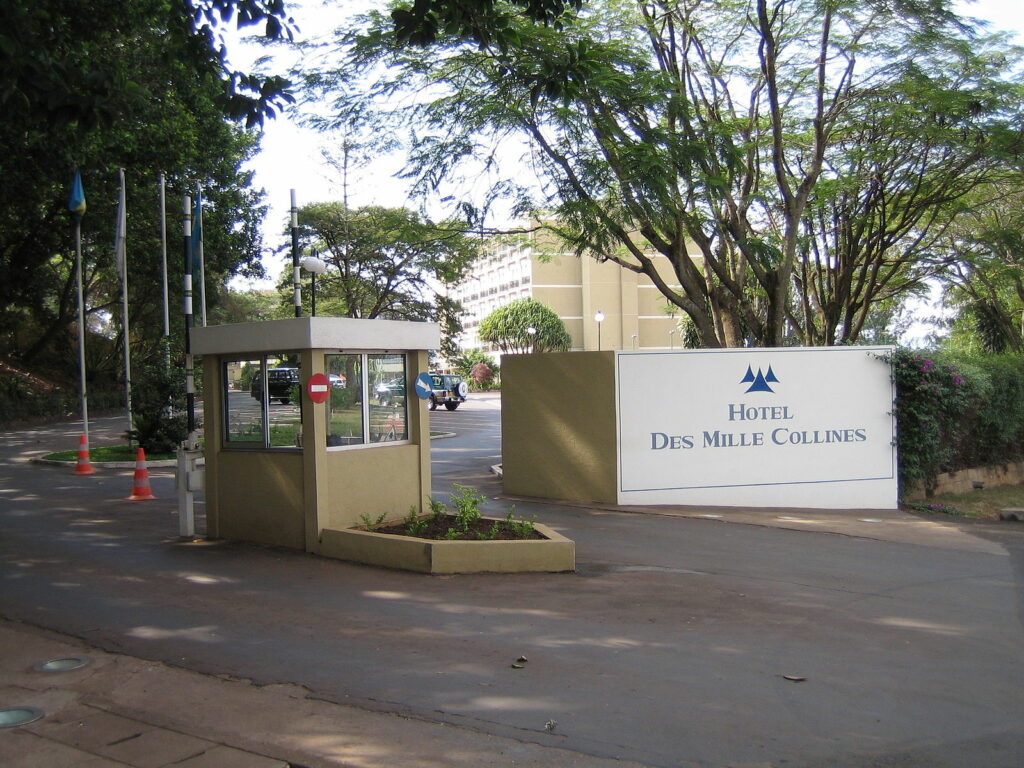




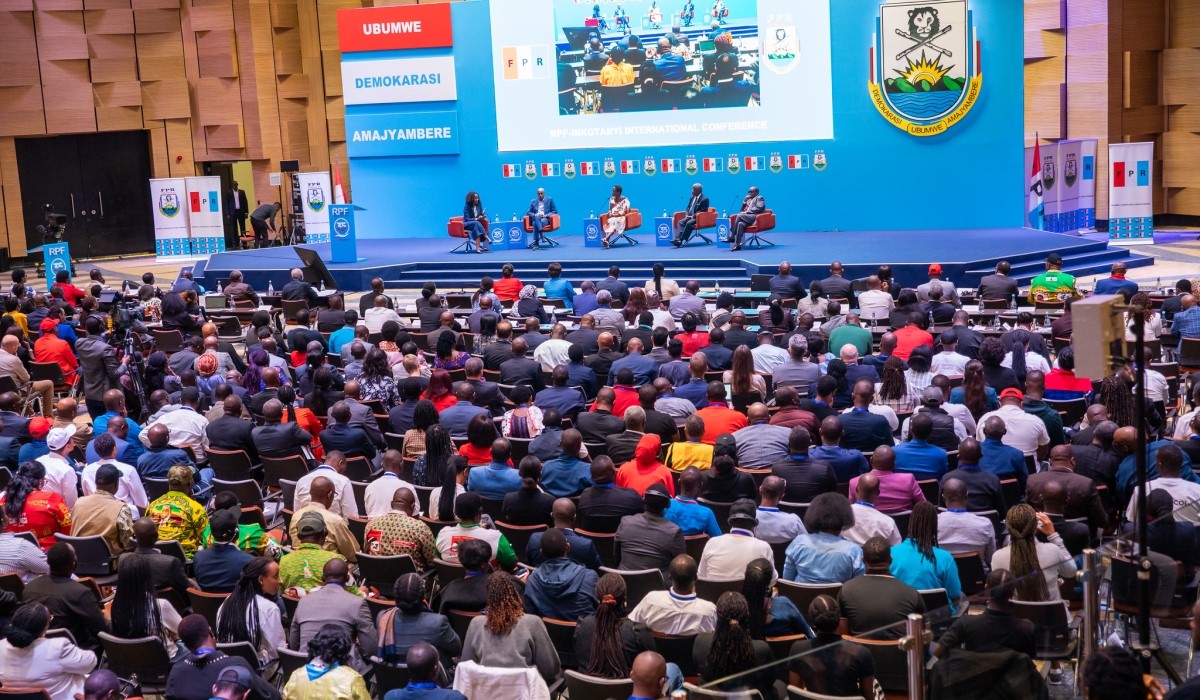
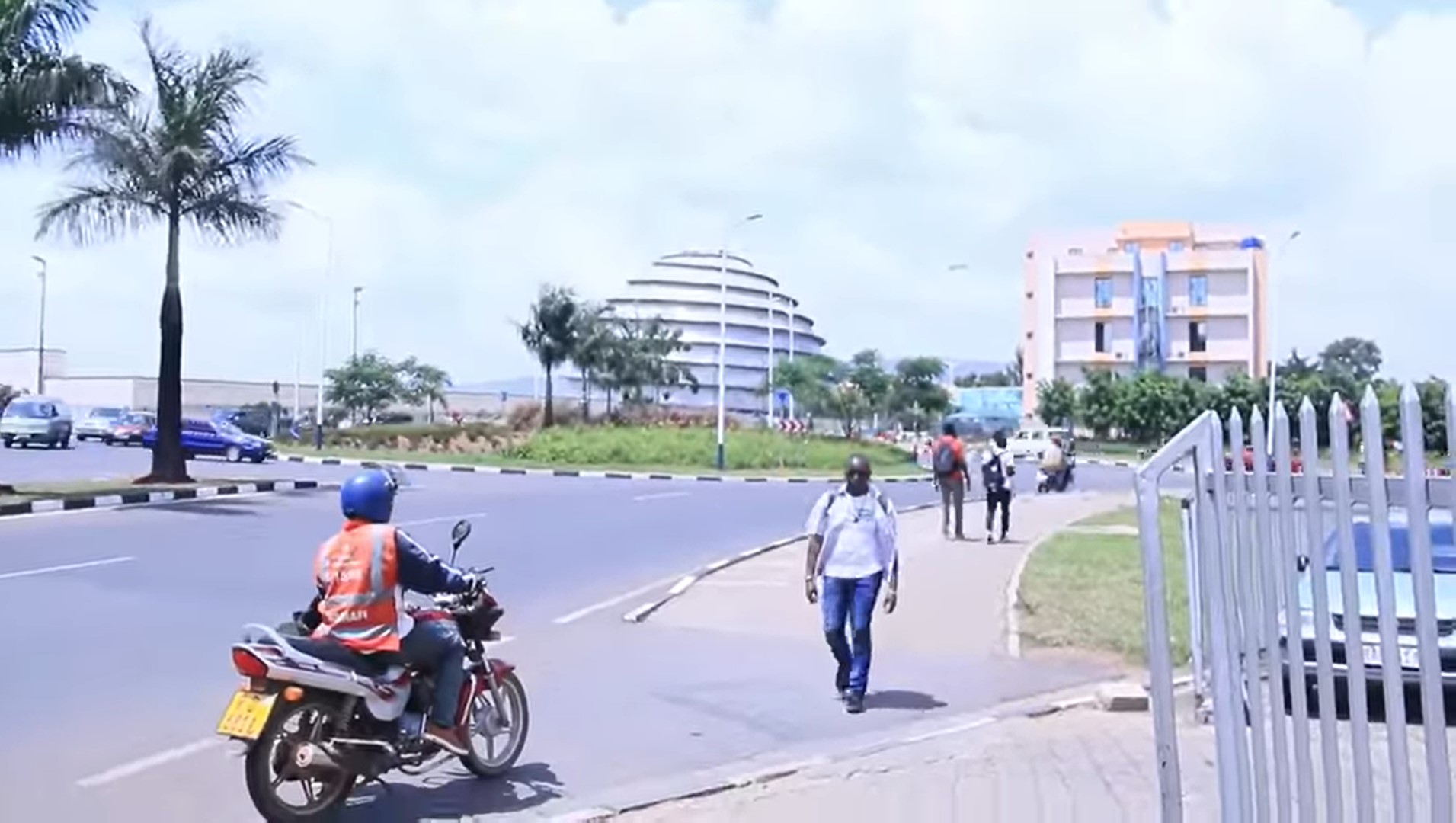
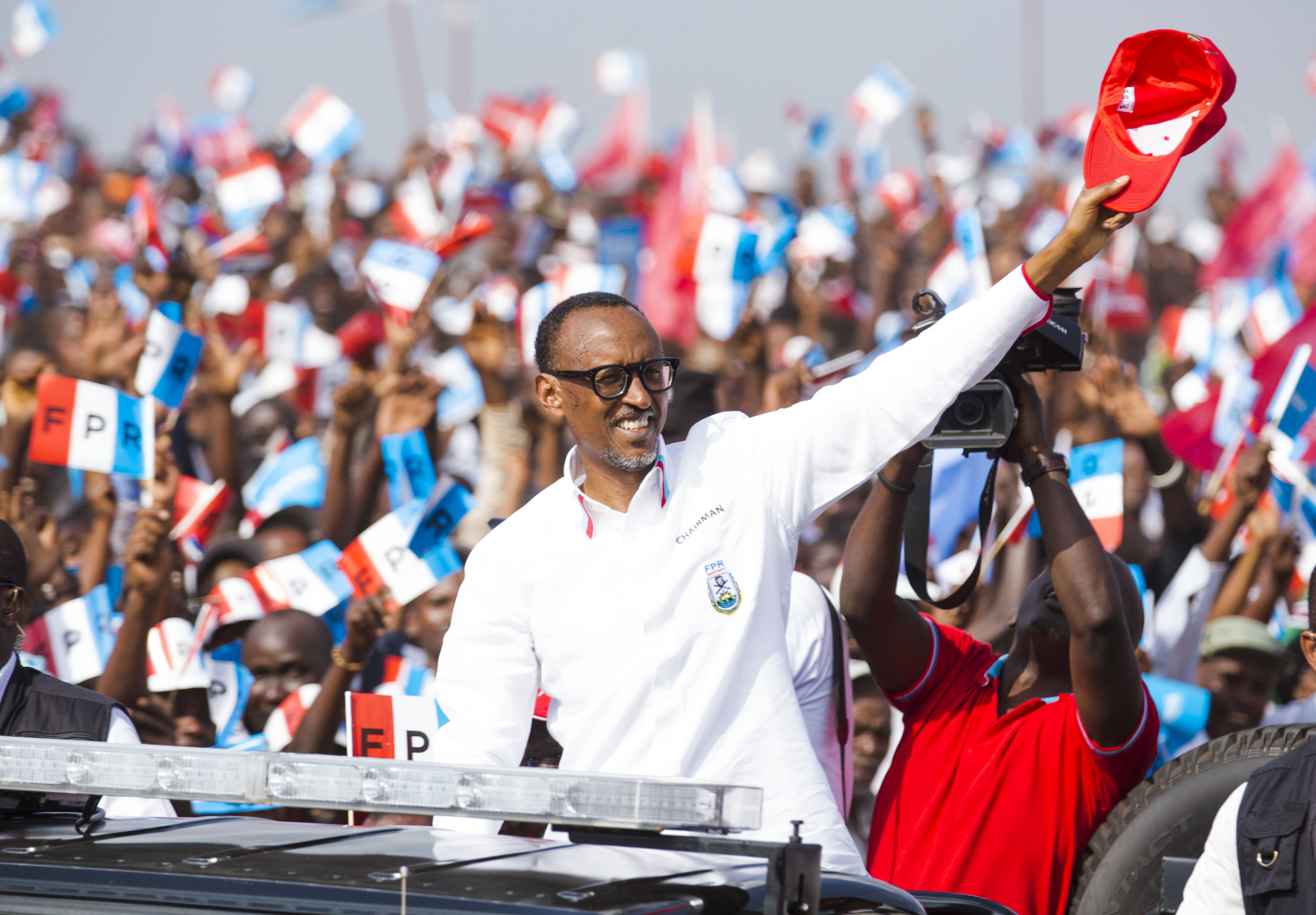
.jpeg-20230315032921000000.jpeg)